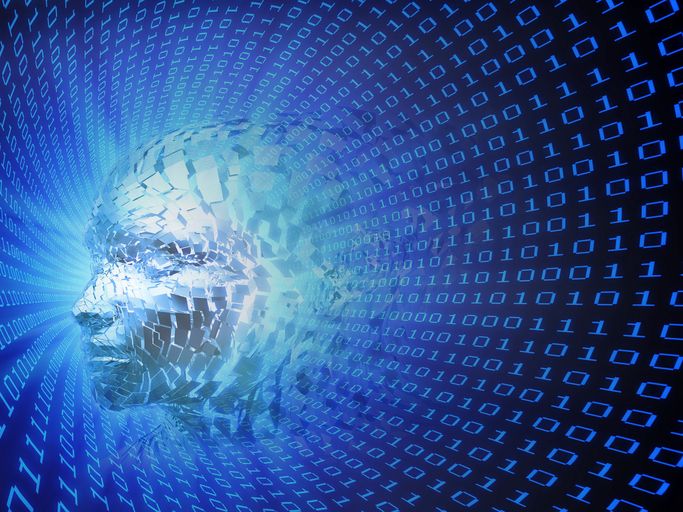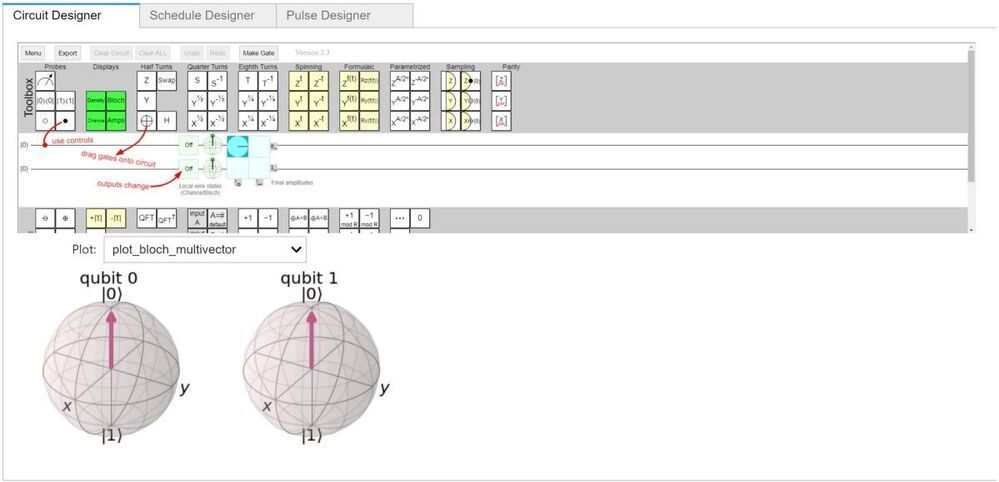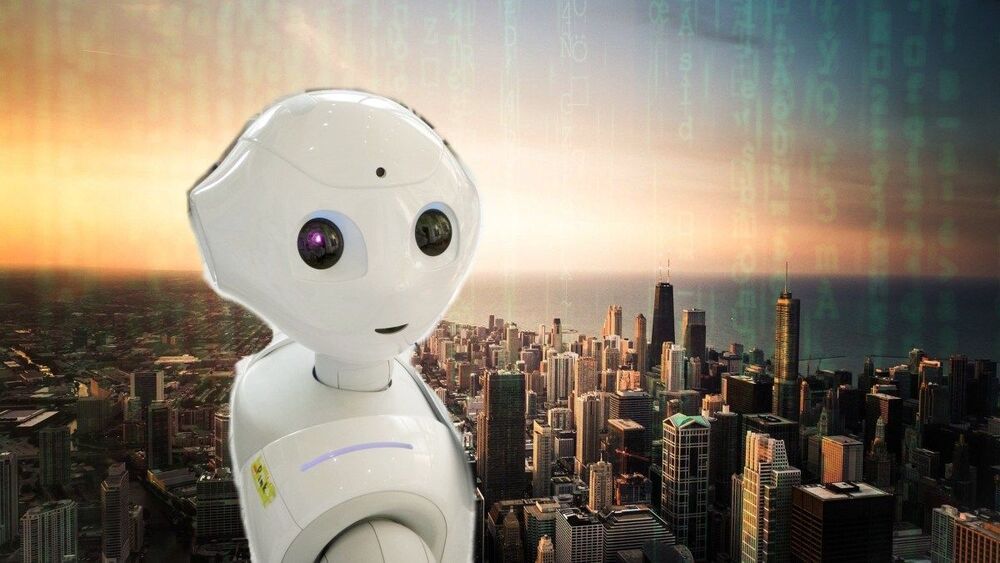Ozette applies artificial intelligence to immune monitoring to gain greater insight into a cancer patient’s immune system. Beyond informing treatment decisions, the technology can guide drug and diagnostic development.



Like.
By Amir Ebrahimi — Principal Software Engineer · Unity Technologies
What opened quantum computing up for me was realizing that it’s even more connected to our physical universe than classical computing is.
I’m at Unity, where I have a day job developing software for Barracuda, our CPU/GPU optimized inference engine for neural networks. I’ve been working in the video game industry since 2003, which is usually on the cutting edge of technology, so it’s surprising that I had never heard about quantum computing until about three years ago — I don’t know if I was ignoring it or if I simply wasn’t exposed to it. Back in 2018, one of my coworkers who was already interested in quantum computing shared a few links to the IBM Quantum Experience, and explained that you could use a quantum computer online. I took a look and bookmarked it, but didn’t actually try it out.
This new technology creates photorealistic talking clones that may eliminate the need for cameras.
Thanks to a new technology, it is possible to create photorealistic digital talking humans that may eliminate the need for cameras.


Lunar traffic to pick up as NASA readies for robotic commercial moon deliveries.
NASA is working on various science instruments and technology experiments from the agency that will operate on the Moon once American companies on Commercial Lunar Payload Services (CLPS) contracts deliver them to the lunar surface. Through CLPS flights, NASA is buying a complete commercial robotic lunar delivery service and does not provide launch services, own the lander or lead landing operations.
The agency has already purchased space on five upcoming commercial Moon missions and is expected to announce yet another task order award soon. The upcoming award keeps the agency on track for its goal of two CLPS deliveries per year as part of the Artemis program and will round out two deliveries per year 2021 through 2023.


Reservoir computing is a highly promising computational framework based on artificial recurrent neural networks (RNNs). Over the past few years, this framework was successfully applied to a variety of tasks, ranging from time-series predictions (i.e., stock market or weather forecasting), to robotic motion planning and speech recognition.

As a critic of modern life and technology, Ai-Da can draw thanks to artificial intelligence.
